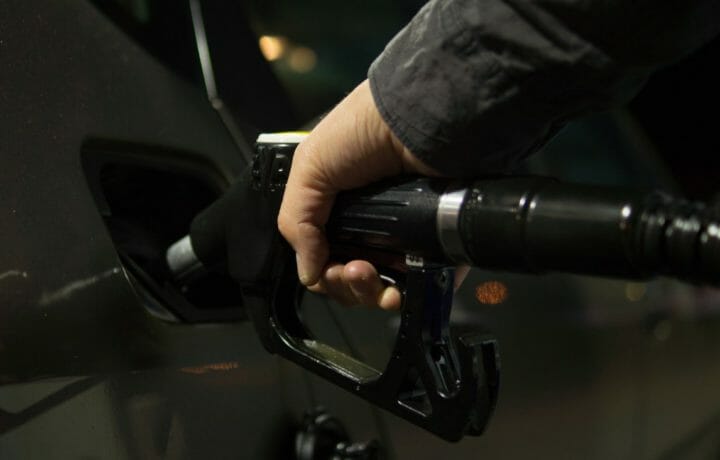Any sense of normality in Britain has diminished in the past few weeks. Motorists in United Kingdom (UK) have struggled with closed service stations and long lines around the country, even though there is plenty of fuel. Oil company British Petroleum (BP) and others this past week perplexingly stated to the British government that, “there is plenty of fuel at UK refineries and terminals.”
Getting Fuel to the Pumps
However, suppliers cannot get fuel to the pump. There is a shortage of tanker drivers in the United Kingdom, forcing BP temporarily closing some of its stations. Subsequently, British drivers reacted by rushing to buy gasoline, emptying many of the country’s 8,380 service stations.
The panic buying only made the situation worse. The public is angry and frustrated and life has become difficult, as long lines formed across the country at the pumps. Employees at gas station are being threatened over limitations during refueling, and fights have broken out between customers during mad scrambles for fuel.
HOw DiD the UK Get to a Fuel Crisis?
So how did the one of the largest economies in the world find itself in a fuel crisis with no fuel apparent shortage? Two major forces combined to exponentially to aggravate the problem.
First, COVID-19 compounded labor force problems, including an acute shortage of tanker drivers. Not only workers were scarce, but the pandemic further delayed the new licenses process.
Second, in July with a successful vaccine rollout, Prime Minister Boris Johnson lifted all pandemic restrictions. Case numbers continued to grow, but hospitalizations and deaths fell, and the nightmare appeared overnight. The mood across the Britain became cautiously optimistic. People were out visiting, traveling, and going to restaurants with consumer optimism increasing. All this activity placed pressure on the supply chain.
Third, during the pandemic, a greater catalyst was simmering, waiting to boil. Brexit, or Britain’s withdrawal from the European Union, led to 1.3 million European workers leaving Britain between July 2019 and September 2020. According to the Road Haulage Association, a UK trade association solely dedicated transport and logistics interest, the country is currently short around 100,000 truck drivers. With Brexit, immigration rules have made it even harder for many of them to return.
Brexit and the Fuel Shortage
Ministers repeatedly deny the fuel crisis has anything to do with Brexit and have cast the trucker shortage as a global problem, though other European neighbors have not experienced severe fuel problems. The UK government stated that “most of the solutions” to the shortage would be driven by employers offering better pay and conditions, and that it did not want to rely on workers from outside Britain.
With no other choice, last week the government offered temporary visas for 5,000 foreign truck drivers. PM Johnson stated, “The way forward for our country is not to just pull the big lever marked uncontrolled immigration and allow in huge numbers of people to do work”, signaling a further relaxation of immigration laws is unlikely. Critics like Ruby McGregor-Smith, president of the British Chambers of Commerce, said 5,000 visas are insufficient, stating it was like “throwing a thimble of water on a bonfire.”
As an added precaution, Johnson’s finance minister, Rishi Sunak, has put extra drivers on the road. The government has called on the military to assist, with uniformed British military personnel arriving at BP storage facilities on Monday, tackling the fuel trucker shortage. In addition to using army drivers, Britain is also mobilizing a reserve tanker fleet.
The Petrol Retailers Association executive director Gordon Balmer has stated about 22% of fuel stations in London and the southeast of Britain were still without fuel, and that it might take 10 days to get stocks back to normal.
Even with prices breaking $80 a barrel for the first time in three years, Reuters suggest there is no crisis and disruptions may have more to do with local policy and regional dynamics than a global supply shortage. The Organization of the Petroleum Exporting Countries (OPEC) will meet next week to decide whether to unleash spare production capacity to help calm prices. By way of comparison, in April 2020 during the onset and uncertainties of the COVID pandemic, barrel price dropped to a 22-year low of $20.




